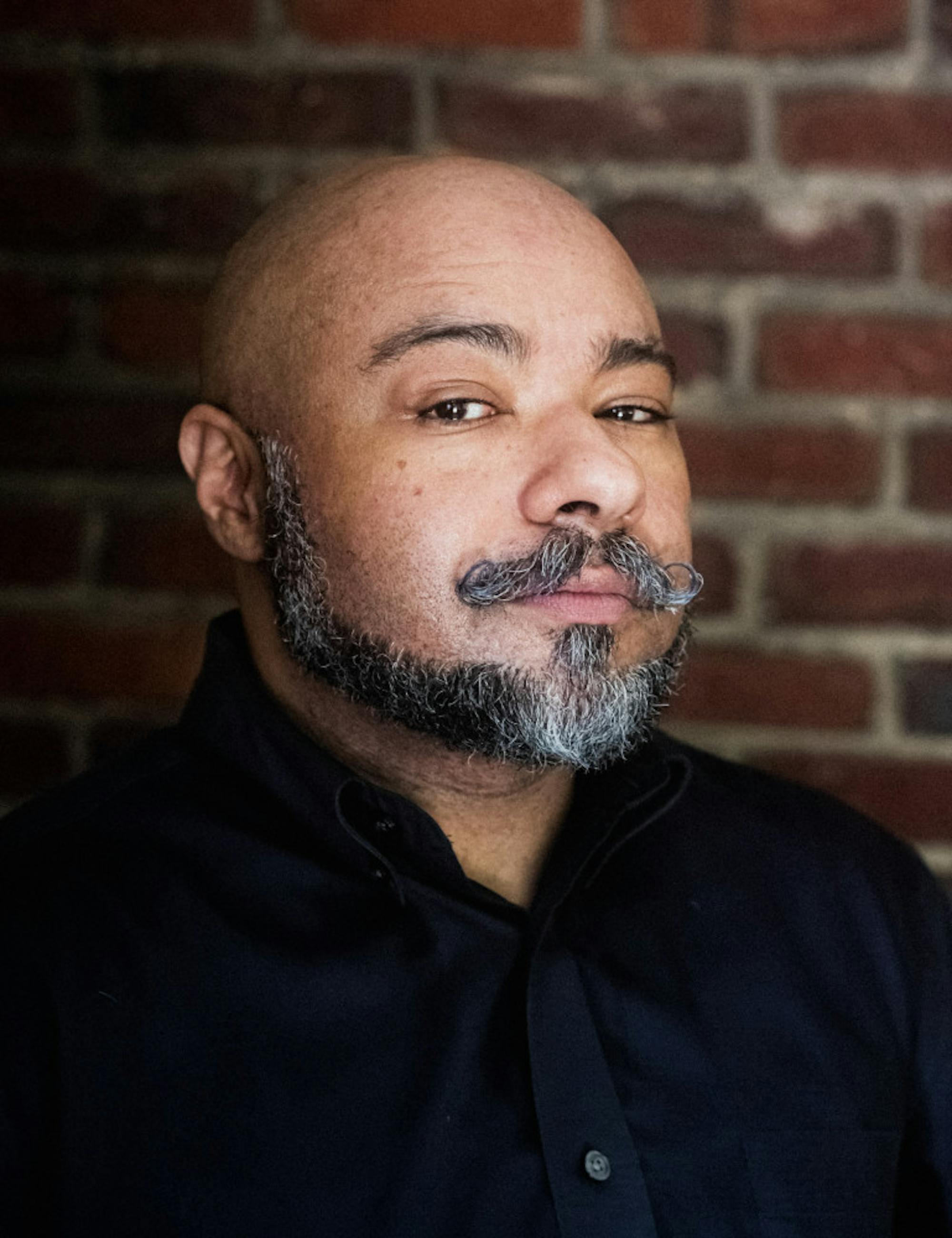The Tufts Daily had the privilege of speaking with Stephan Pennington, one of Tufts University’s associate professors in the music department. When Pennington, an activist, military veteran and lifelong scholar, was first asked which set of pronouns would be best to refer to him, he wanted to make it clear that while he can be referred to using “he/him/his” pronouns, and he also noted that he generally does not share his pronouns because he wants to normalize a space where individuals can both “share their pronouns or not share their pronouns,” if desired.
From the start, Pennington jokingly stated that, throughout the interview, he will be “[causing] trouble the entire time,” though his form of “trouble” seems almost entirely founded in empathy.
Pennington has an incredibly accomplished academic background, earning his Bachelor of Arts at Mills College and his Master of Arts and Ph.D. at UCLA. He has taught courses at Tufts centering on the history of African-American music and queer pop, among other topics.
Conversation flowed easily with Pennington, as one question prompted the entire interview, which allowed him to dive into some of the more significant life experiences he has had in relation to queerness and transness. The question posed: whether or not the criticism of Harry Styles’ alleged queerbaiting in response to his win at the Grammys for Album of the Year for “Harry’s House” (2022) over Beyoncé’s explicitly queer-inspired “RENAISSANCE” (2022) is warranted. This led Pennington to dive into some of the more contemporary issues facing queerness and transness in the U.S. today.
Regarding the criticism, Pennington’s “core concern is a lack of empathy.” He believes that using the framework “punch up, not down” as a core reason for people to justify bullying, including criticizing celebrities for queerbaiting, is dangerous.
“I think about that phrase, you should punch up, but not punch down, which says that if you punch up, you’re a good person,” Pennington said. “Which means if you like punching people, it doesn’t really matter to you if they're up or down, you just really like punching people … you’re just indulging in violence.”
In response to this criticism, while causing some more “trouble,” Pennington’s evident outlet for empathy, he defends Styles, noting that he has been the subject of hypersexualization since he was a minor in One Direction. The same has happened to Kit Connor and Taylor Swift, Pennington notes, and claims of “queerbaiting” are founded on the notion that celebrities, and as a result, all people, must disclose their identities to justify their behaviors.
“Somebody was like, ‘Oh, Harry Styles said, “People like me never win Grammys,” and like, that's so ridiculous because of course people like him win Grammys because he is the symbol of everything that is evil,’” Pennington said.
Pennington notes how, in his own life, he has been subjected to gatekeeping principles that attempt to determine whether or not his identities are valid or true.
“I was recently told that I was in the closet about being trans because I do not have ‘trans’ [written] in my Twitter bio, and I said, ‘I've been on national TV talking about being trans. I am in an international documentary about being trans. I teach about being trans. I speak about being trans. I was the keynote speaker of Trans Pride LA. … I really feel it’s kind of weird that you’re accusing me of being closeted because I don't say I'm trans in my Twitter bio,’” Pennington said.
During his time in the military, Pennington explains that he once met another queer person whom he offered to help her pack before she shipped out the next day with the Navy, merely because “that’s what you do for other people, and that is an attitude that just happens a lot in the military and in the queer communities in the military.”
If one thing’s for certain, it’s that Pennington defaults to empathy. He believes the world could benefit from adopting a more understanding and less invasive attitude toward other people’s identities.
The conversation between Pennington and the Daily will continue next month.






